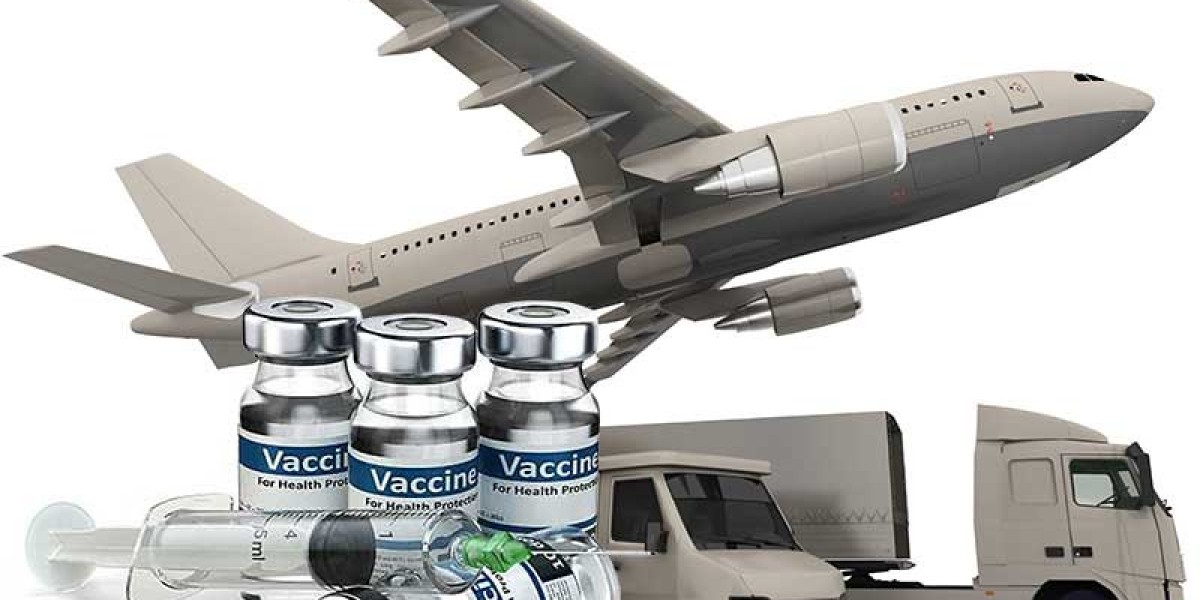Cold Chain Logistics Challenges in Bio-Pharma Industry
The bio-pharmaceutical industry faces unique cold chain logistics challenges due to the temperature-sensitive nature of biologics and other medicinal products. Many biologics such as vaccines, blood products, and injectable drugs require precise temperature controlled transportation and storage. Even minor temperature excursions can reduce efficacy or compromise safety. Maintaining an unbroken cold chain from factory to patient presents bio-pharma logistics hurdles that demand innovative solutions.
Monitoring Shipments in Real-Time
Real-time monitoring technology allows bio-pharma companies to track environmental conditions of shipments from origin to destination. Sensors embedded in packaging record temperature, humidity, light exposure and other parameters throughout transit. Cloud-based bio-pharma logistics platforms receive data from sensors via cellular or satellite connectivity. Any cold chain breaches are immediately visible to logistics managers, who can take corrective actions such as diverting a non-compliant shipment to alternative storage facilities. Remote temperature monitoring gives supply chain visibility and helps meet regulatory compliance standards.
Temperature-Controlled Warehousing
In addition to transportation, bio-pharmaceutical products require specialized storage facilities. Temperature-controlled warehouses maintain precise environments for biologics inventory using refrigeration systems, freezers, heating/cooling zones and automated controls. High-tech sensors track conditions in warehouses to prevent temperature excursions from equipment failures, power outages or human errors. Some warehouses provide different storage areas calibrated to various biologic temperature requirements. Multi-client facilities also lease space to multiple bio-pharma clients, consolidating inventory close to transportation hubs.
Addressing "Last Mile" Delivery Challenges
Last mile deliveries from pharmaceutical depots to clinics, hospitals and pharmacies present unique cold chain issues. Transportation of small biologic shipments over shorter distances requires optimizing packaging, insulation and portable temperature monitoring devices. Innovations like reusable passive temperature-controlled shippers maintain temperatures for 2-3 days without power. Other solutions integrate wireless trackers, analytics and automated alerts directly to healthcare providers receiving biologic deliveries. Ensuring products remain within labeled storage conditions right until point of use or administration is crucial.
Adopting Sustainable Packaging and Logistics
With rising environmental consciousness, Bio-Pharma Logistics companies seek sustainable cold chain solutions. Some use biodegradable insulation materials and phase-change products to maintain temperatures without fossil fuel-powered refrigeration. Consolidating shipments reduces transportation carbon footprint. Strategic warehouse locations and optimized vehicle routing cut distances. Investing in electric vehicles and renewable energy helps lower emissions. Collaboration across supply chain brings shared sustainability goals within reach. Demand grows for "green" cold chain certifications recognizing firms' eco-friendly bio-pharma logistics practices.
Addressing Global Regulatory Hurdles
Regulatory compliance adds complexity to cross-border bio-pharma logistics. Products shipped between countries with different rules introduces risks of delays or rejection at ports of entry. Adhering to guidelines regarding shipment documentation, labeling, transportation validation protocols and customs clearance is crucial. Harmonizing global standards helps streamline logistics while ensuring quality and safety. Some firms rely on specialized global logistics providers with regulatory expertise across jurisdictions. Ensuring bio-pharma logistics systems satisfy all relevant regulations maintains supply integrity and builds customer confidence.
Utilizing Digitalization and Automation
Emerging technologies are helping bio-pharma firms address logistical challenges. Blockchain provides transparency into shipments crossing stakeholder systems. Internet of Things (IoT) solutions automate real-time condition monitoring, predictive analytics and exception management. Automated warehousing uses robotics, computer vision and artificial intelligence for speed and accuracy. Drone deliveries test concepts for remote or emergency transportation. Augmented/virtual reality aids training while limiting physical contact. Technologies improve supply chain visibility, responsiveness and compliance while reducing manual effort and risks of human error.
Get More insights on Bio-pharma Logistics
For Better Understanding, Choose preferred language-
About Author-
Priya Pandey is a dynamic and passionate editor with over three years of expertise in content editing and proofreading. Holding a bachelor's degree in biotechnology, Priya has a knack for making the content engaging. Her diverse portfolio includes editing documents across different industries, including food and beverages, information and technology, healthcare, chemical and materials, etc. Priya's meticulous attention to detail and commitment to excellence make her an invaluable asset in the world of content creation and refinement.
(LinkedIn- https://www.linkedin.com/in/priya-pandey-8417a8173/)










